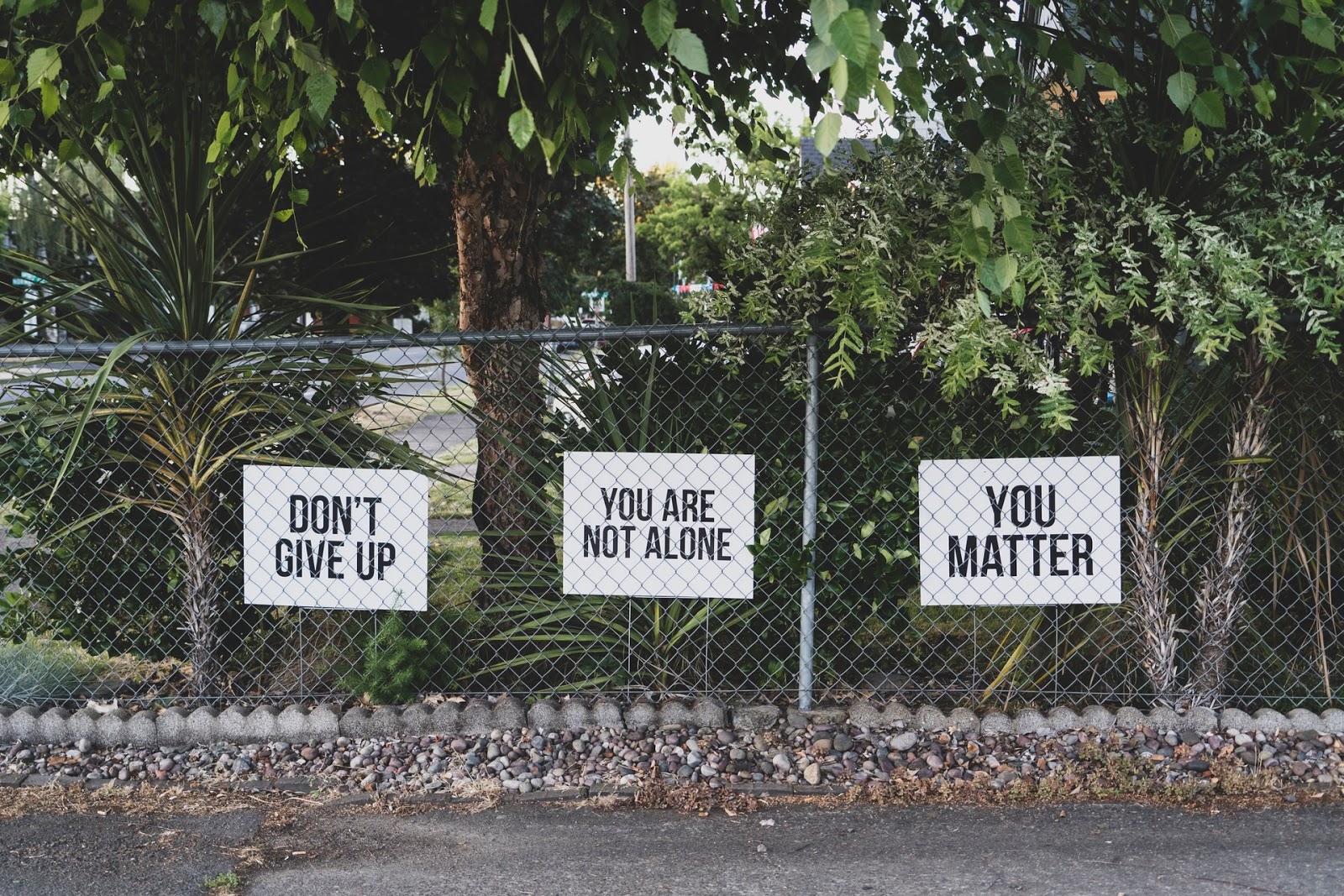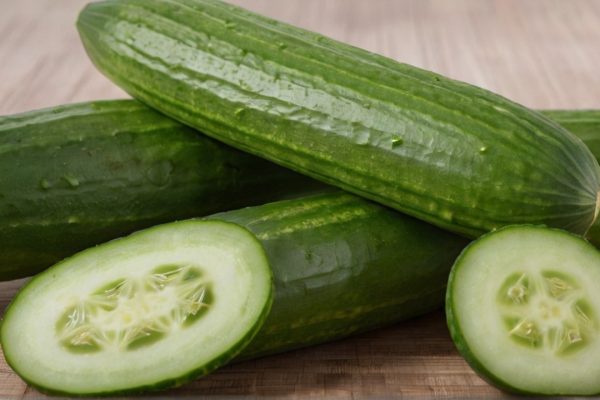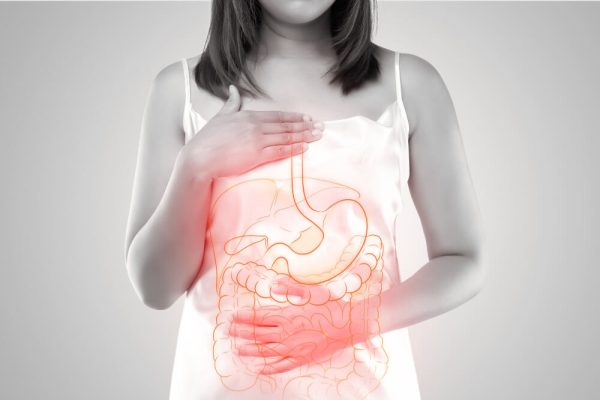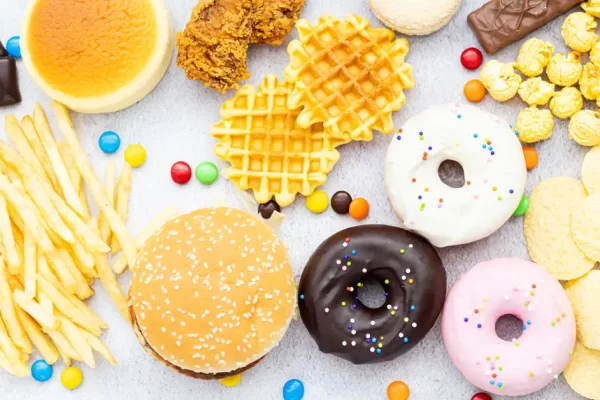Most people who have decided to overcome their drug addiction or drinking problems may try and fail a few times before achieving their complete recovery from their addiction habits. Some studies found that 90% of recovering drug addicts and alcoholics will go through at least one relapse. And others put that number very close to 50%. There are people who believe that relapse is a part of the recovery process. These data and statistics may seem like a discouraging fact, but it’s also important to remember that a relapse does not indicate that you can’t do it, or it’s a failure.
In fact, your experience can be used as a stepping stone of the opportunity to understand and strengthen your recovery process. Relapse is a concerning matter indeed, but triggers do not have to be a part of your recovery journey. Awareness of the relapse triggers can bring much personal empowerment through one’s journey of addiction recovery.
What Are Triggers
Triggers are mental, physical, or emotional events that ‘trigger’ a response that will eventually send one recovering person back into his active addiction state. Relapse triggers can be as simple as anything from seeing the object in front of you to going to a wedding function and having the urge to celebrate. Eventually, you’ll be back in your addiction state. Becoming aware of the following relapse triggers will help you to keep focusing on your addiction recovery journey.
- Celebrating Events
Just when you think it’s normal to go back to your normal life and celebrate all those happy moments, you may want to consider your option here. Happy times may lead to relapse triggers, especially when it involves all those happy occasions and parties which use alcohol as a party drink. You may be able to avoid some events, but not all of them, and some will inevitably include drugs, alcohol, or other temptations. As a recovering addict, alcohol or drugs have probably changed your ability to feel pleasure because your brain may have accustomed to a much higher level of euphoria or dopamine production. You can keep the company with a good friend or partner at these events to help you resist your alcohol or drug needs that could trigger a relapse.
- Social Isolation
Finding the right rehab treatment center is your first step! And after that, a group of strong and supportive people can help you complete your recovery journey successfully. Creating a supportive network of people and community is an essential part of your new sober lifestyle. Reluctance to reaching out to others can lead to a sense of loneliness and social isolation. The more you become socially isolated, the faster you will go back to your old habits to rationalize alcohol or drug usage. Not to mention anymore, this will form a pattern. Moreover, social anxiety is very normal among recovering addicts, and which is why having a sponsor or counselor can help you avoid certain situations. Form a sober support network as a priority in your recovery.
- Mental Illness
Physical pain can put your body into a painful and stressed state. If you’re seeing any doctor for your physical injuries, be sure to notify them about your alcohol recovery journey. Look for other non-addictive choices to guard against the risks of relapse triggers. Mental illness can also act as the main reason for stress on your body. Anxiety, loneliness, depression, stress, and other mental illnesses can also be a reason for relapse triggers. Let your physician know of your recovery journey due to the nature of prescription drugs and their side effects in your relapse triggers. If you really need treatment for your mental illness, seek experts’ help.
- In The Time of HALT
HALT stands for Hungry, Angry, Lonely, and Tired, and the term is generally used in the field of chemical dependency counselors. If not taken care of, each of these four emotional and physical conditions will leave you vulnerable for relapse. Hence, creating awareness of these four conditions and how to avoid them will assist you greatly towards preventing a possible relapse. It should be your preference because now that you’re going through your recovery. Take every precaution not to become too HALT – hungry, angry, lonely, or tired. Taking care of your mental and physical health is a beautiful part of your recovery. Plan healthy nutrition-rich foods ahead of time. Create a sleeping schedule (at least 7-9 hours of sleep) and stick to it.
- Relationship and Relapse Triggers
It is better to avoid dating in the initial 12-18 months of recovery. The same goes for devoted relationships. Some people even go as far as to say that building relationships in the first few months means you’re throwing yourself into the trap of relapse triggers. Chances are new relationships that put you at risk for relapse triggers. There will be emotional stress, and possible breakups are involved. And eventually, you’ll be trading your initial addiction to love addiction. Trying to use relationships to fill the gap sobriety left in your life will create an increased risk of relapse triggers. Relationships can be fresh and fun, but when building your recovering life, focus on your primary goals.
- Believing You’ve Been Cured
Believing you’ve been cured is the biggest self-betrayal here. Remember that addiction is one of the chronic illnesses. You can be sober for the long term, from several months to years, but none of that doesn’t mean that you’re immune to the temptation to make ill-considered choices in your life. Staying connected with addiction aftercare groups and resources such as addiction support groups and clubs will help you to avoid these common relapse triggers.
- Responsibilities in The Workplace
An increase in your salary may trigger your thoughts of now being able to control yourself and able to afford your drug choices. With added income, there will be most likely extra tasks to perform, leading you to hold pressure and stress. In fact, we all want to excel. Always be aware of your situation, recovery journey, and only choose positive people to surround yourself with. Always be attentive about how you’re going to celebrate your good moments.
Relapse triggers may happen. But recovery is still possible. The best choices you make after the relapse will be to lead a healthy lifestyle. Get some insight into what should be done in those tempting situations, what to do if you relapse, and remember you may need to take extra precautions to get back on your healthy life.
I am an Ambitious girl with a special interest in writing and sharing my knowledge. I love to hangout with nature and learn from it. My words will display the power of nature to the best as I love to write about the environment.





